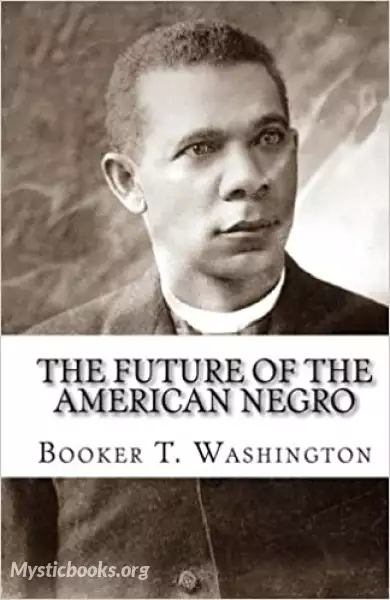
The Future of the American Negro
'The Future of the American Negro ' Summary
In the beginning of the book, the author mentions the term "industrial education". Washington describes this term as meaning, learning the necessities to become a valuable member of society as well and being able to apply this knowledge to industrial business. He believes that even though slavery is illegal, the freed African-Americans are still enslaved to the white people. Those who are freed cannot be members of society because they are not given the same opportunities.
As the book continues, Booker T. Washington writes that in order to understand the stress he applies to industrial education, the reader must "review the condition of affairs at the present time in the Southern States." He provides the information that the North and South are linked even though they were once at war. If the North cannot provide education then the South will not provide it.
Washington also states that the African-Americans are not superior, but that they are definitely not inferior to the white people. Slaves have had a hard time throughout their life in the United States. Their strength, knowledge, and perseverance has been tested by the white people that have run their lives for the longest time. Booker T. Washington asks, why should African-Americans have to prove themselves over and over when they have been proving themselves since they entered the country? The author also reminds them that, "An individual cannot succeed unless that individual has a great amount of faith himself."
African-Americans can have all the faith they want, but Washington argues that knowledge is needed to become useful members of society. Blacks have worked hard but will have to understand what they are working for.
Throughout the book, Washington refers to Tuskegee, a university founded by himself and others. It was a historically black university in Tuskegee, Alabama. In The Future of an American Negro, Booker writes that the university is, "placing men and women of intelligence, religion, modesty, conscience, and skill in every community in the South." Washington believes that Tuskegee University is providing the South with valuable members of society. In "Chapter V", there is a reference to a study showing that some 3,000 graduates or students are doing "commendable" work in the Southern community.
Near the end of the book, Washington describes the difference for freed slaves in the North and South. He reminds the reader that North has fewer employment option for black people which perpetuates the stress on the morals of an African-American. The South, however, having more opportunities for work and less stress on trying to do the right thing. He goes on to end the book with five principles that will aid African-Americans in their fight to have truly equal rights and opportunities. He states that these principle will be essential by saying, "So long as the Negro is permitted to get education, acquire property, and secure employment, and is treated with respect in the business or commercials world, … I shall have the greatest faith in his working out his own destiny in the Southern States."
Book Details
Authors
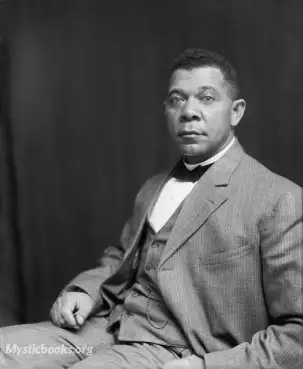
Booker T. Washington
United States
Booker Taliaferro Washington was an American educator, author, orator, and adviser to several presidents of the United States. Between 1890 and 1915, Washington was the dominant leader in the African...
Books by Booker T. WashingtonDownload eBooks
Listen/Download Audiobook
- Select Speed
Related books
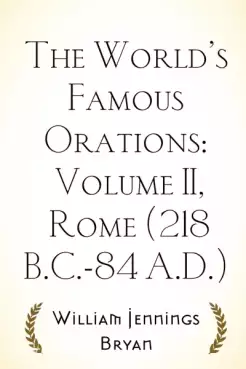
The World's Famous Orations, Vol. 2: Rome by William Jennings Bryan
In 1906, William Jennings Bryan, himself a famous American orator, and Francis Whiting Halsey compiled a series of the most famous orations of all tim...

Gold Sickle by Eugène Sue
An epic historical adventure novel set in ancient Gaul, where a traveler's encounter with a Gallic chief and his son sparks a debate about freedom and...

Famous Men of Rome by John Henry Haaren
Biographical sketches of the men of Rome, written for children. (Summary by Laura Caldwell)

Escravos by Antônio Frederico de Castro Alves
A collection of poems that unveils the harrowing realities of slavery in 19th-century Brazil. Castro Alves, known as the 'Poet of Slaves,' fearlessly...
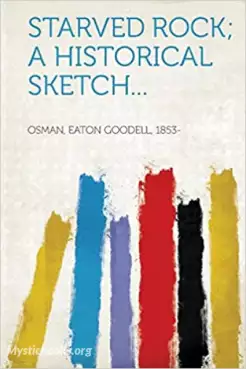
Starved Rock: A Historical Sketch by Eaton G. Osman
This book is an early history of the Starved Rock Area in Northern Illinois. In the pre-Columbian era, the Starved Rock area was home to Native Americ...
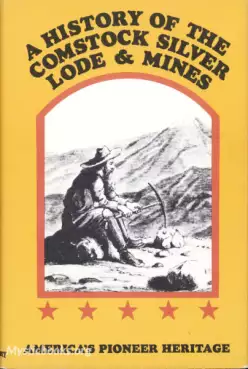
A History of the Comstock Silver Lode and Mines by Dan DeQuille
This is a brief account of the Comstock Lode silver mines, and description of the geographic features of the state of Nevada including the railroads....
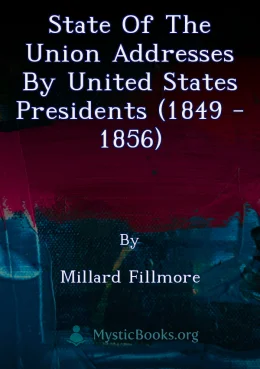
State of the Union Addresses by United States Presidents (1849 - 1856) by Millard Fillmore
This book compiles the State of the Union addresses delivered by Presidents Zachary Taylor, Millard Fillmore, and Franklin Pierce between 1849 and 185...
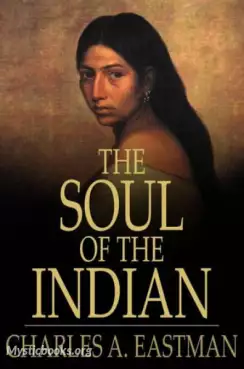
The Soul of the Indian by Charles Eastman
"We also have a religion which was given to our forefathers, and has been handed down to us their children. It teaches us to be thankful, to be united...

The History of the Decline and Fall of the Roman Empire, Vol. III by Edward Gibbon
The History of the Decline and Fall of the Roman Empire is a six-volume work by the English historian Edward Gibbon. It traces Western civilization (a...
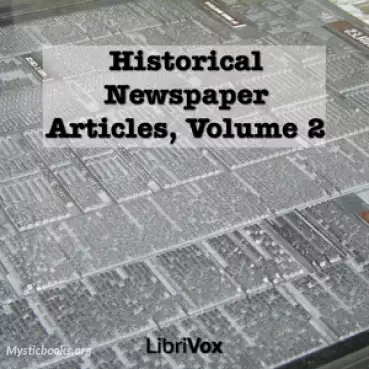
Historical Newspaper Articles, Volume 2 by Various
Both U.S. and U.K. newspapers are represented here. The articles span from 1848 to 1920. Topics covered (e.g., the Triangle Shirt Waist Factory Fire,...
Reviews for The Future of the American Negro
No reviews posted or approved, yet...